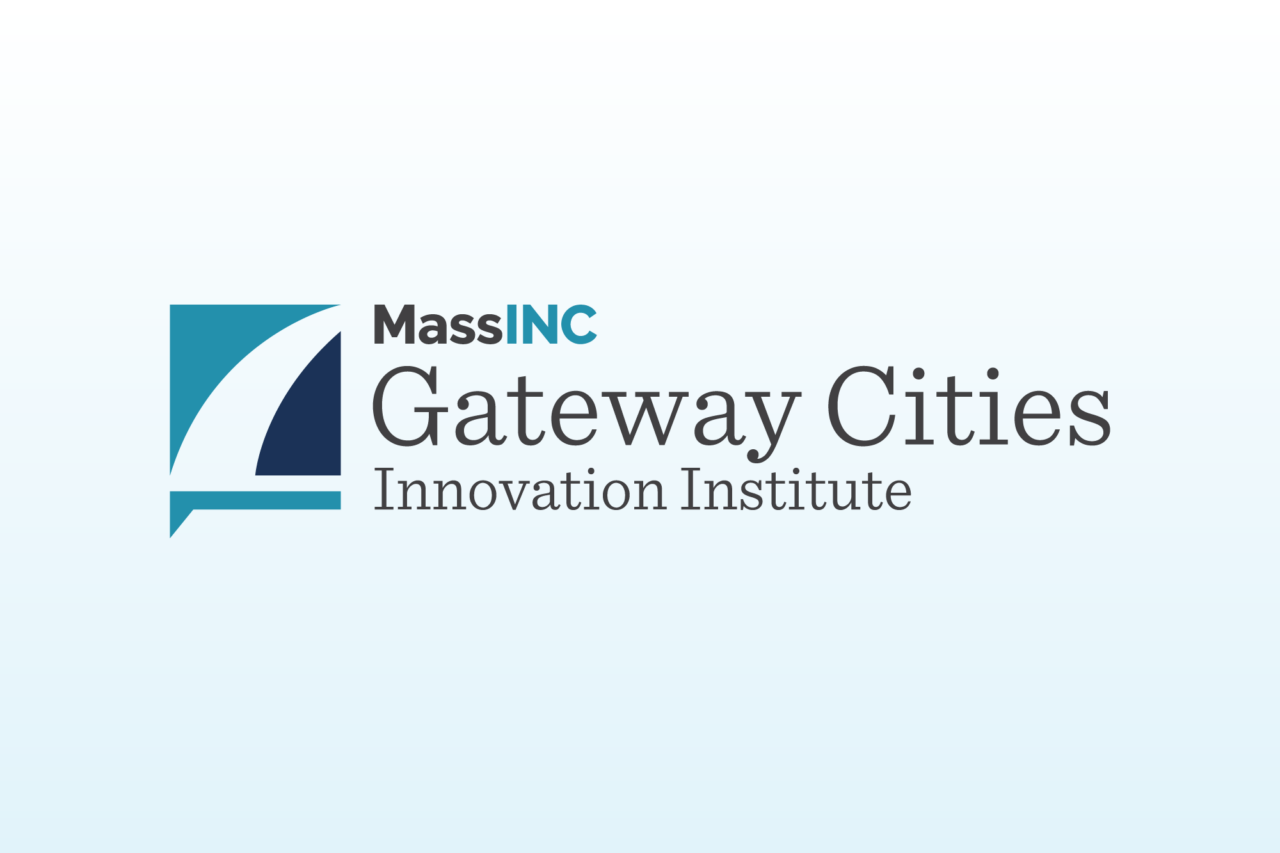The MassINC Policy Center generates research to frame pressing issues, identify actionable solutions, and monitor progress. The Center favors a ground-up approach, engaging with state and local officials and civic leaders to surface problems and actionable strategies to address them. We strive to produce unbiased information that leaders can rely on when tasked with making difficult choices.
Featured Research
See all Research
Key Takeaways
- Construction output has declined in recent years. Prompt action to stimulate demand is necessary to sustain this critical workforce and preserve long-term industry capacity.
- Assuming continued economic growth, scaling up the training system to meet workforce needs for housing and clean energy should be an attainable goal.
- Recent progress in racial, ethnic, and gender diversity presents an opportunity to expand the industry’s future labor pool.
- Reducing construction costs while maintaining competitive, family-sustaining wages will require meaningful gains in productivity.
Gateway Cities
The Gateway Cities Innovation Institute works to unlock the economic potential of small to mid-size regional cities.
Leveraging MassINC’s research, polling, and policy team, the Institute strengthens connections across communities and helps Gateway City leaders develop and advance a shared policy agenda.

Latest Updates
See all Policy Center Updates
Constructing the Future Report Release
MassINC and partners explore the path ahead for Massachusetts’ skilled construction workforce.
June 30, 2025

